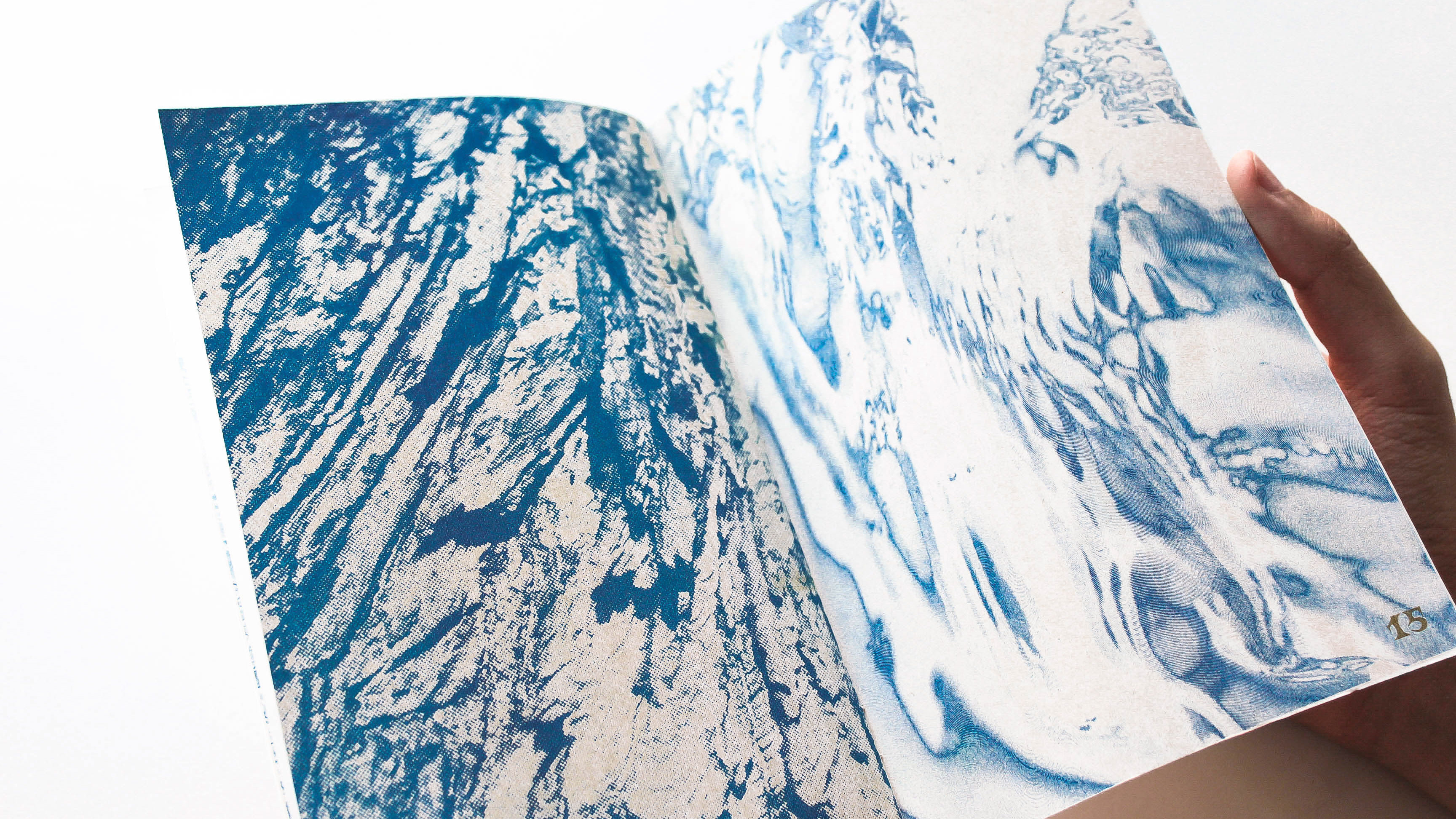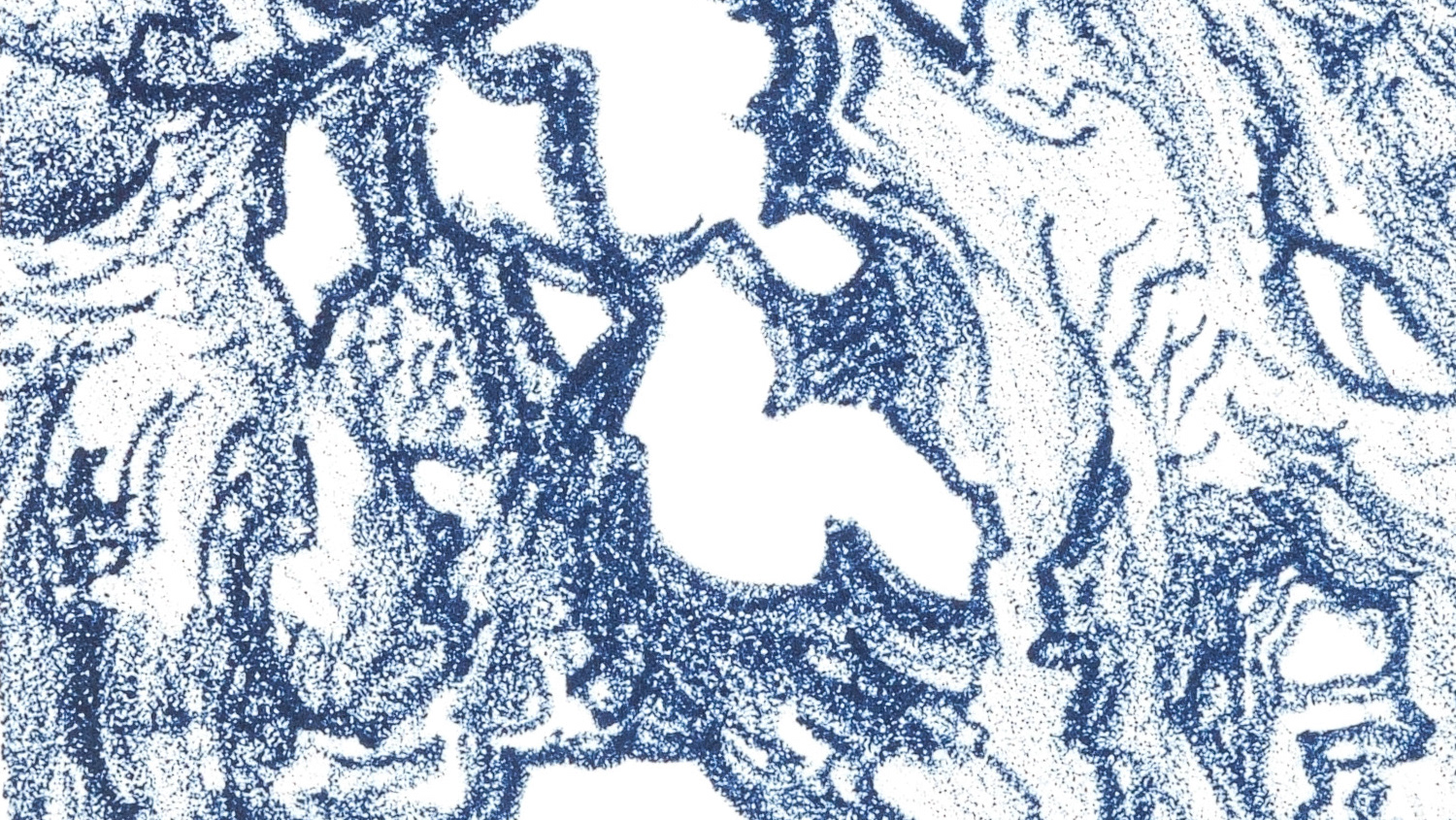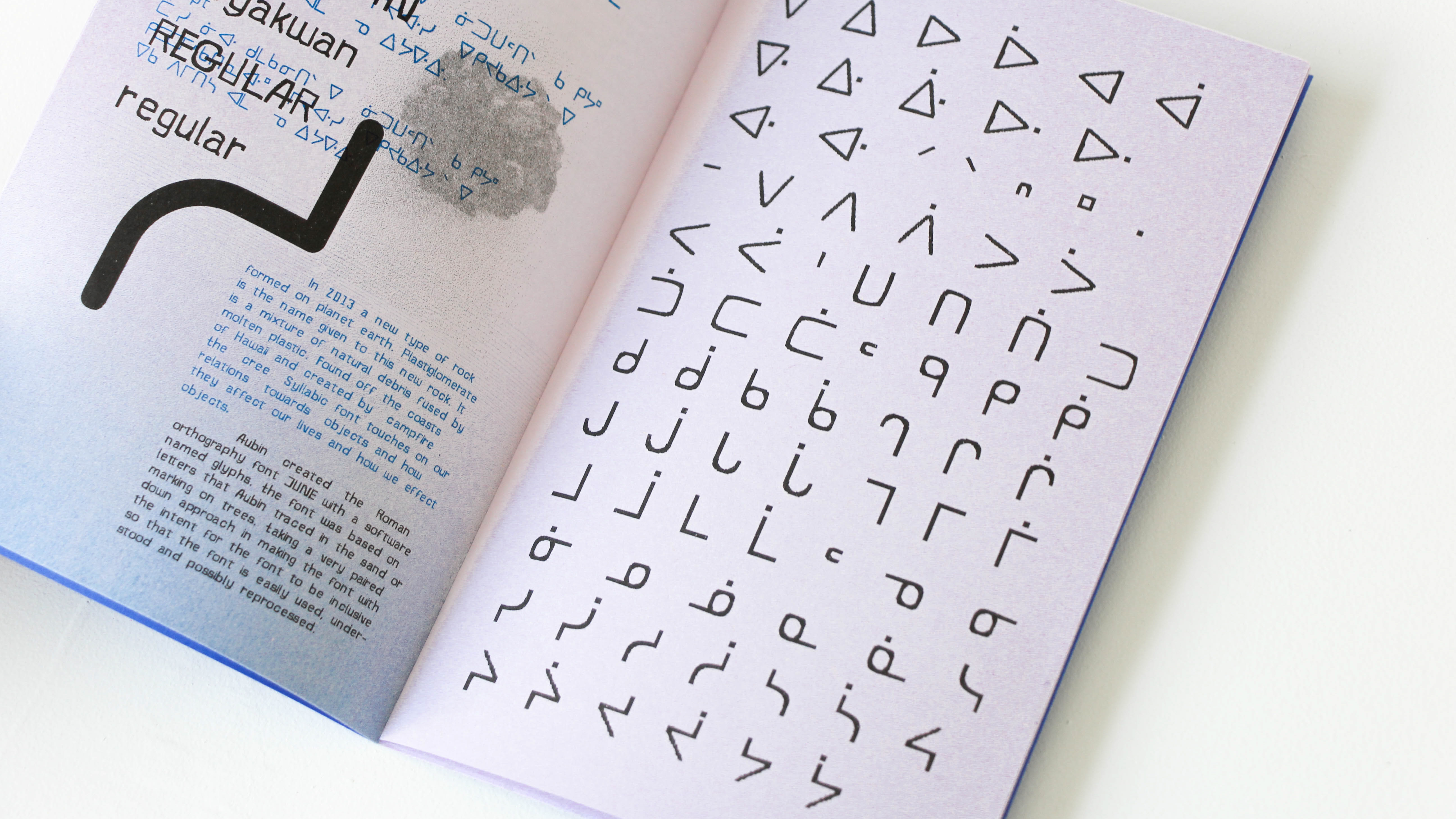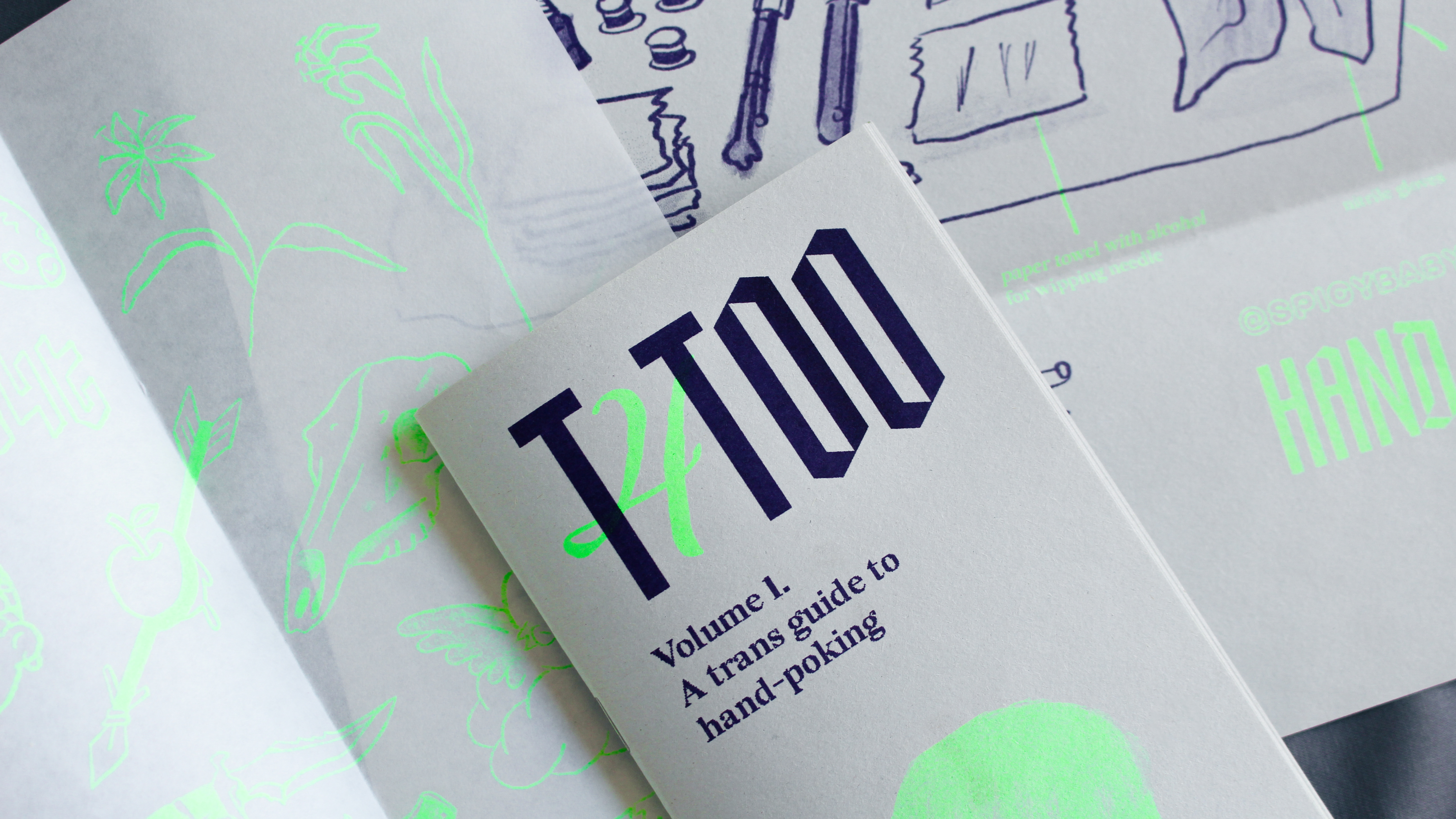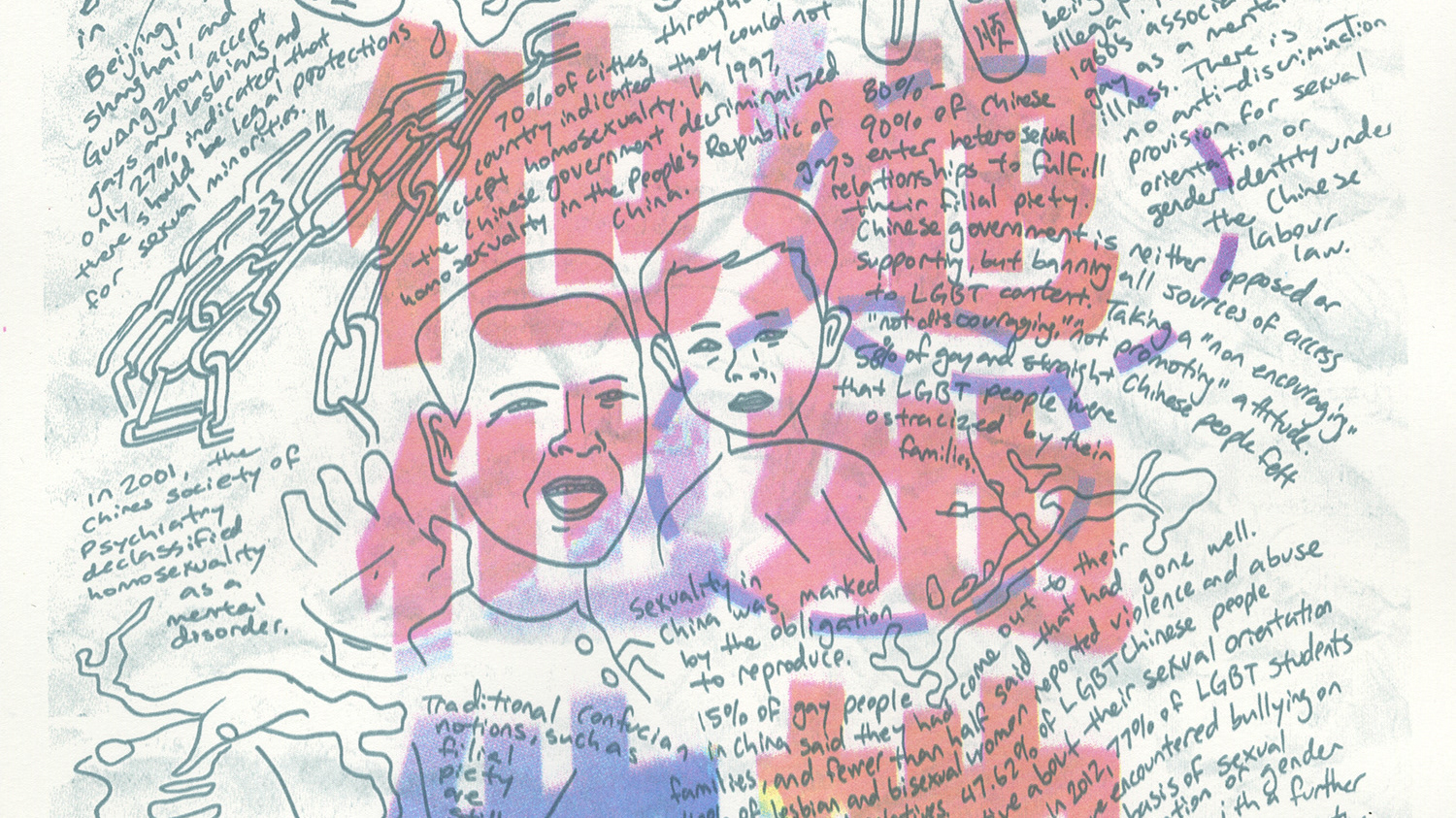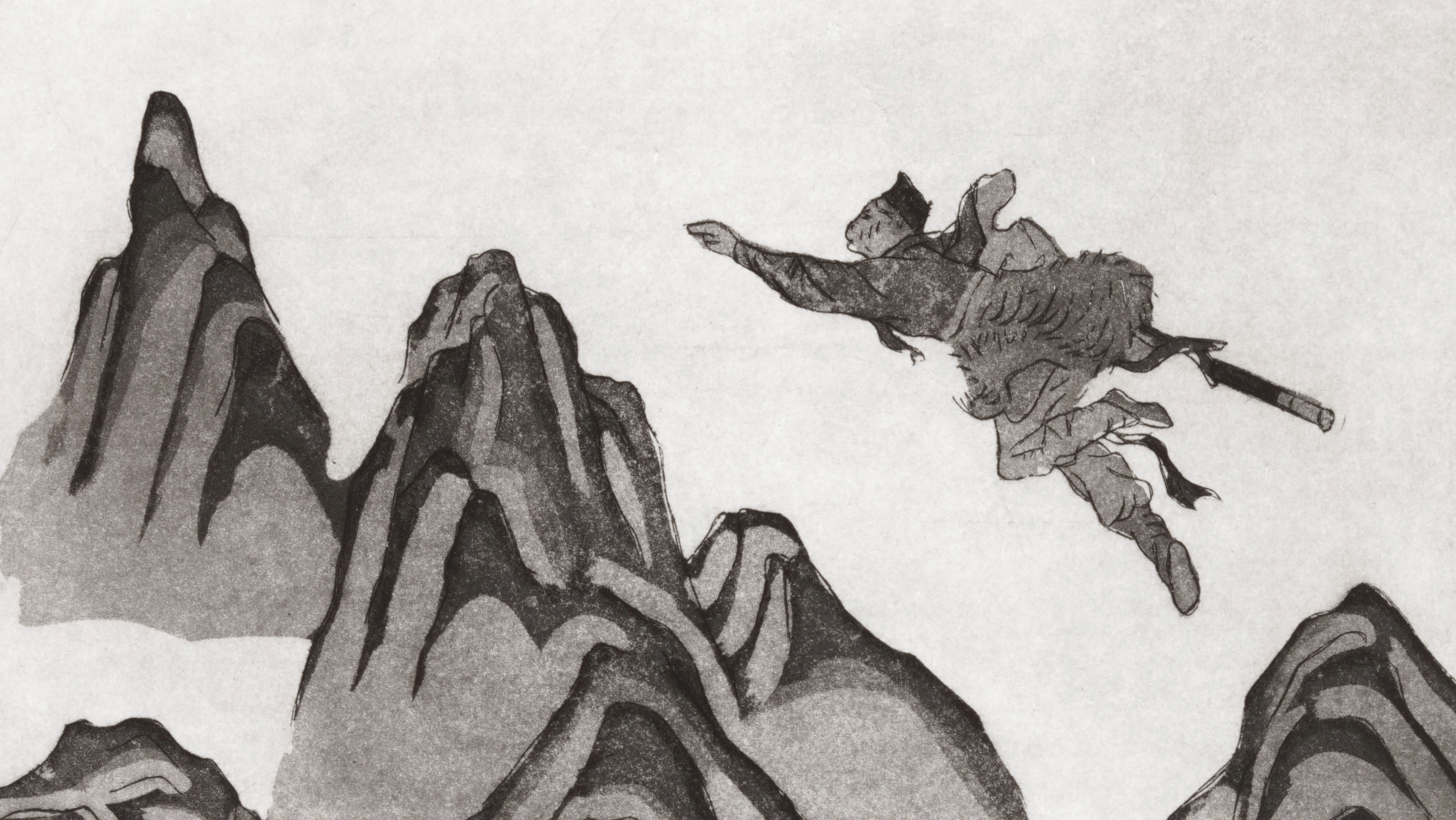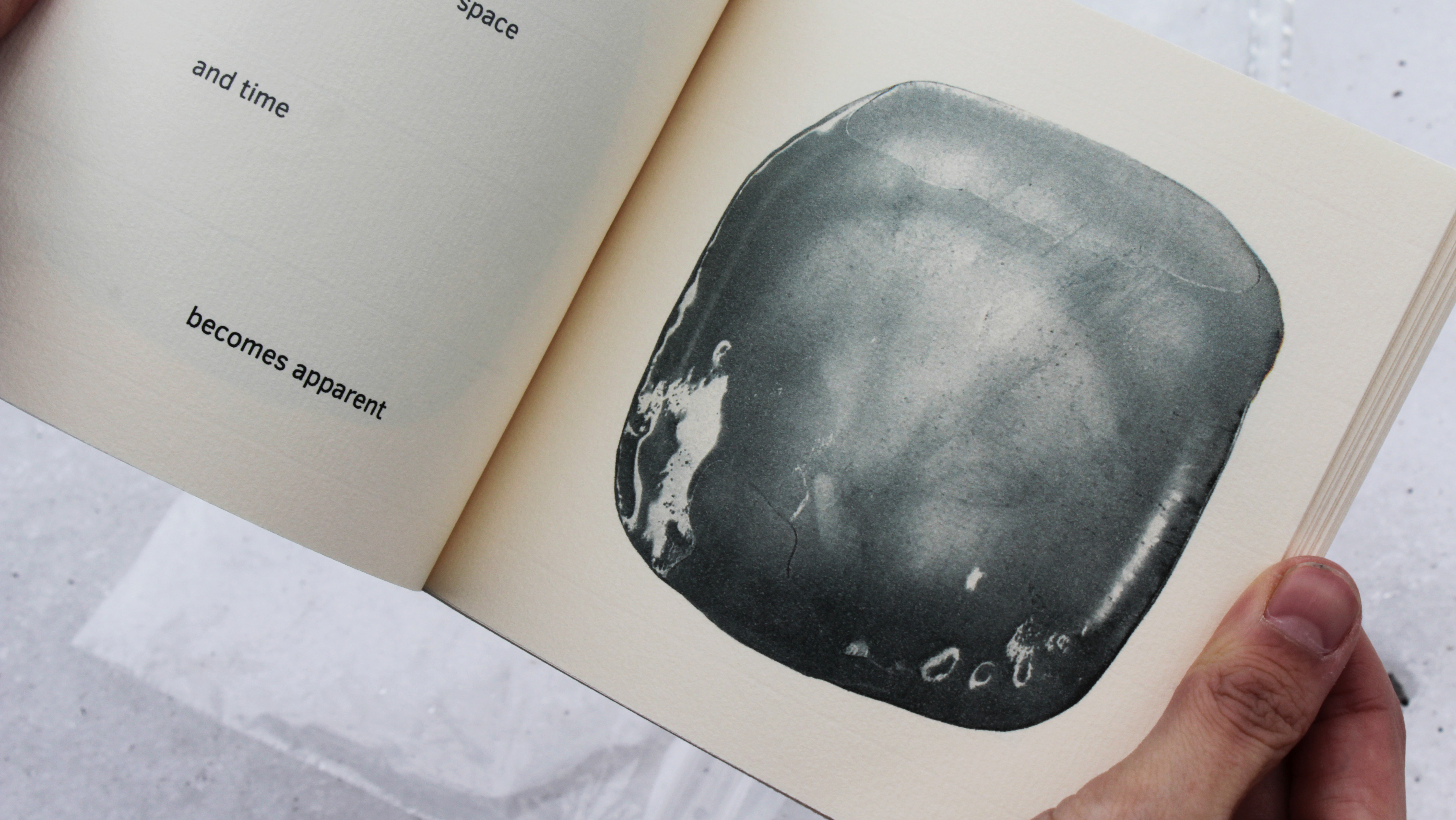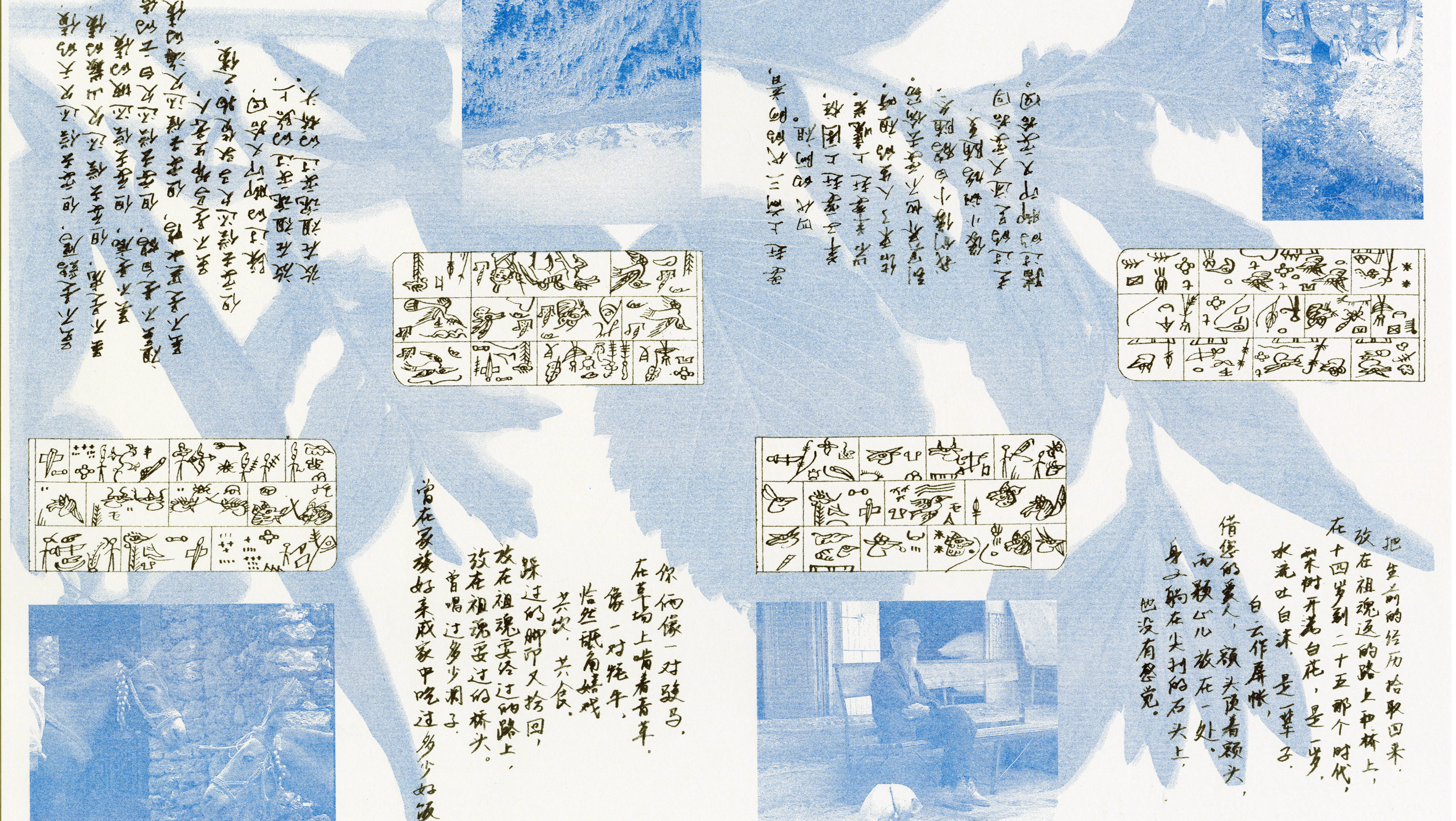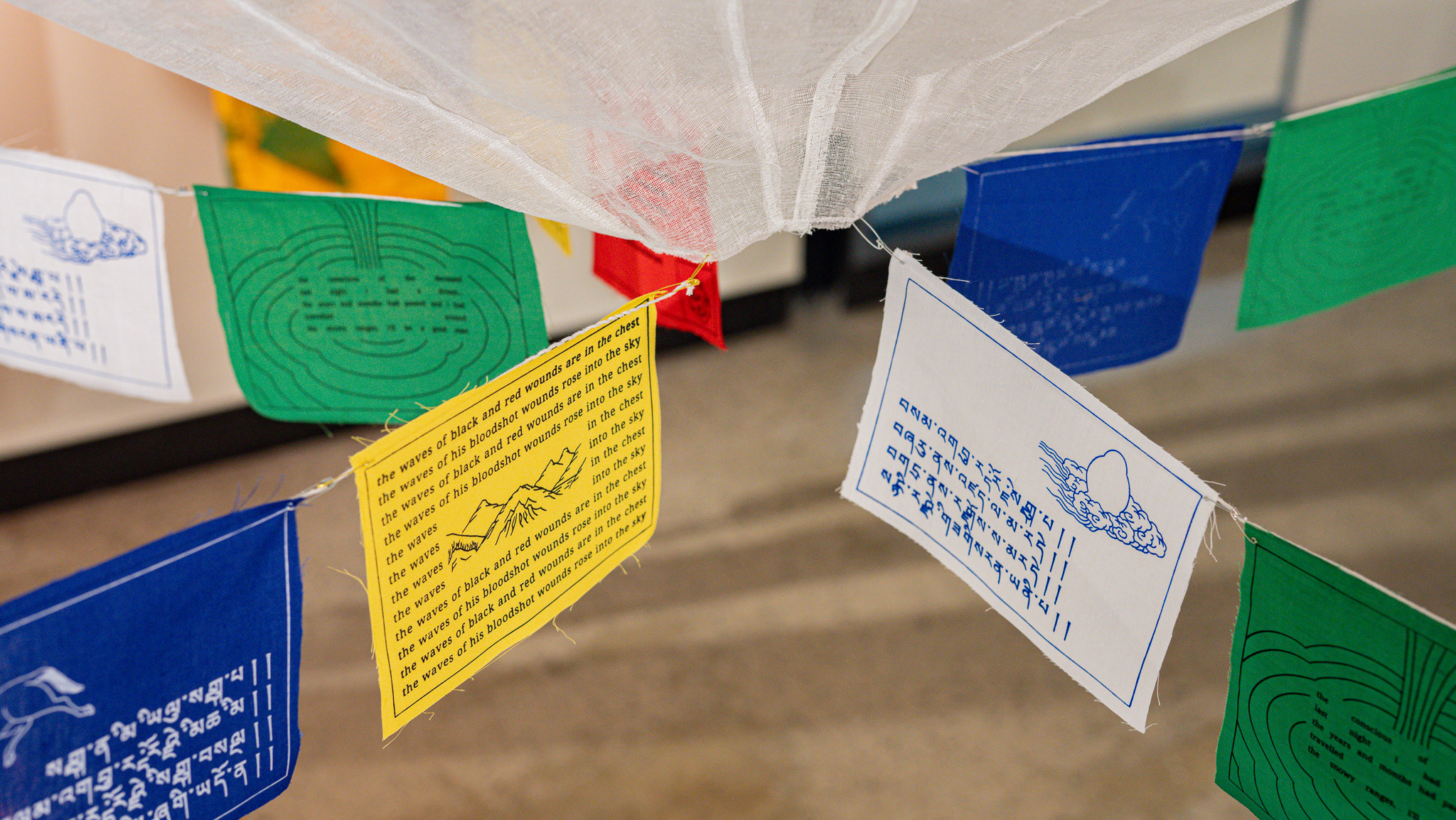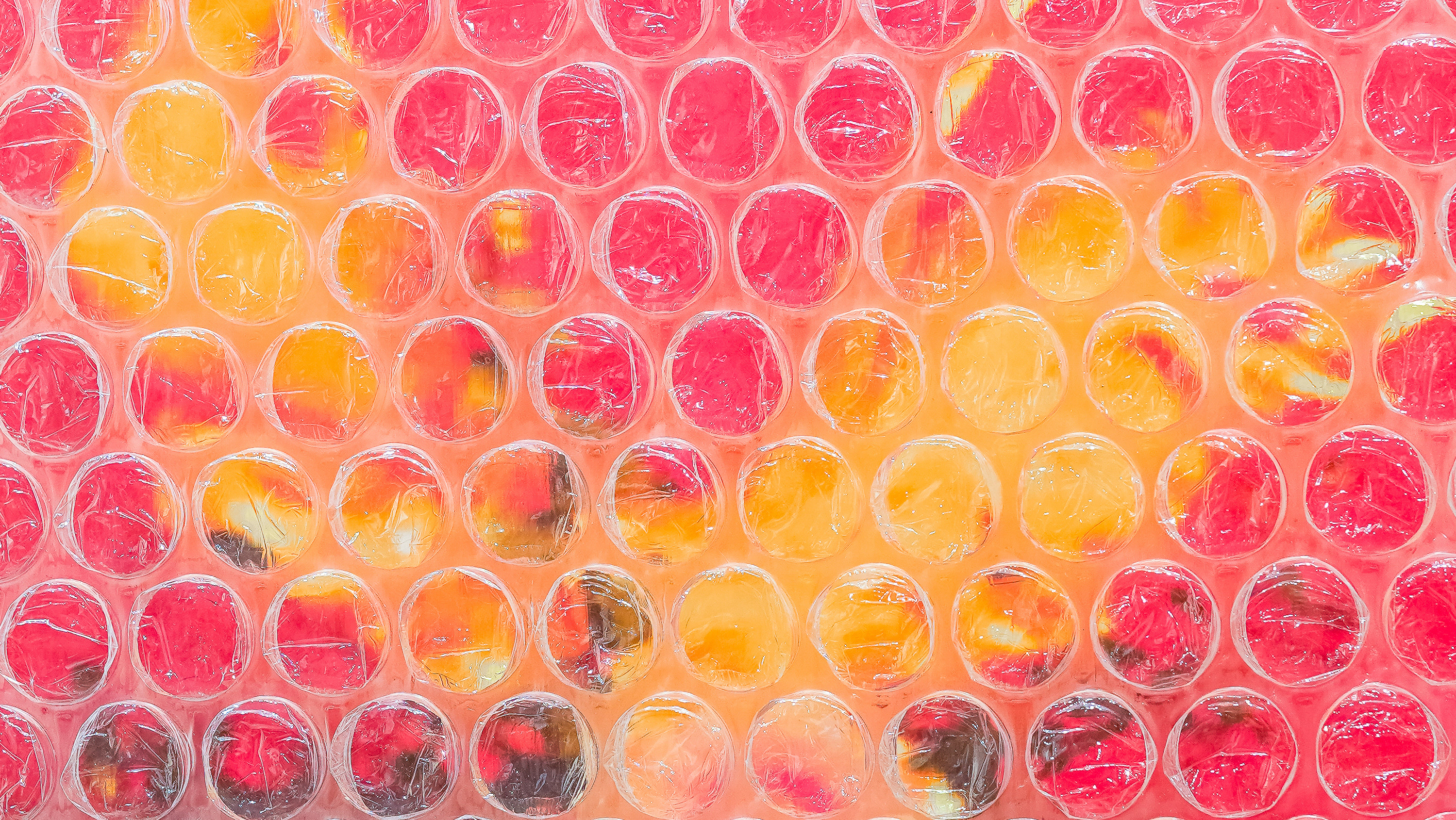China is home to the world’s largest LGBTQ+ population (lesbian, gay, bisexual, transgender, and queer). Until recently, the existence and support for LGBTQ+ were an invisible and hidden conversation in Chinese society. Although legal persecution was repealed in 1997, discrimination and state censorship against LGBTQ+ peoples still exists.
While not directly prohibiting LGBTQ-related programmes, the State Administration of Press, Publication, Radio, Film and Television of China censors them and cuts out scenes that depict anything diverging from heterosexuality. The latest Chinese version of the American sitcom, FRIENDS, for example; storylines, and even complete characters were edited out. The same censorship is applied on anything on the internet, making it hard for anyone to access or talk openly about LGBTQ+ topics.
When you search the term 酷儿 (Queer) on the Chinese Wikipedia, there is only a short paragraph description on how the word is synonymous with “weird and different from the usual”, but no information on the history or specific social context of the term (as it is with the English Wikipedia). In fact there is a popular brand of non-carbonated beverages in China called 酷儿 (Kuer or Qoo) that has more information on Wikipedia and has nothing to do with LGBTQ+ culture.
This naive 酷儿 Qoo brings to light the restrictions and suppression that LGBTQ+ people are fighting for. We exist, and that’s not political, it’s factual.
